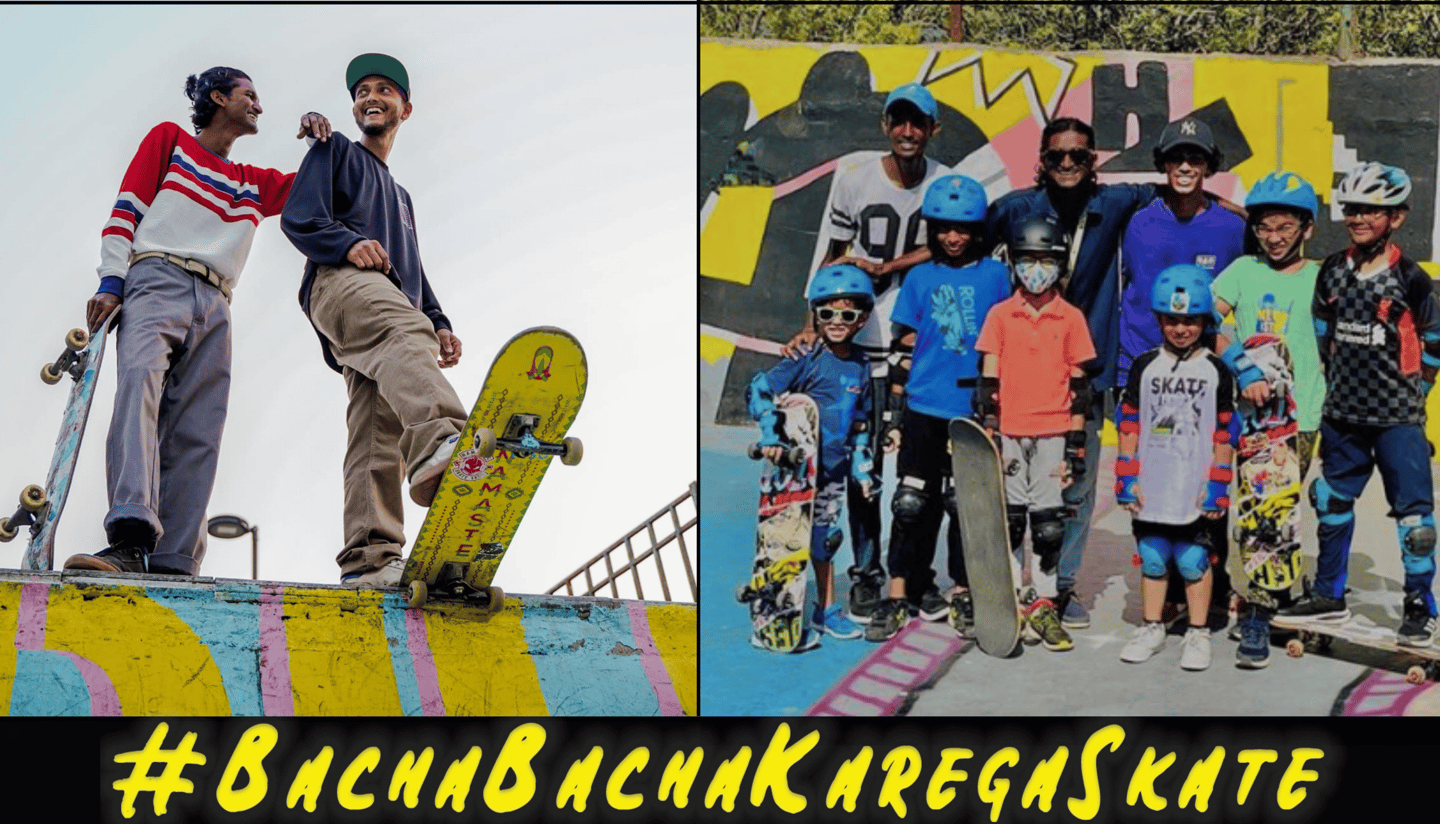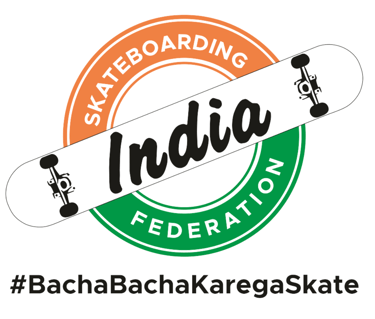

Skateparks are becoming increasingly popular in India with growing interest in skateboarding and BMX culture. Here's a breakdown of the types of skateparks and approximate costs involved in developing them in India (as of 2025)
TYPES OF SKATEPARKS
1. Modular (Prefab) Skateparks
Description: Made from prefabricated steel, polymer, or composite ramps installed on a flat concrete/asphalt base.
Best For: Small towns, schools, or temporary setups.
Pros: Easy to install, quick build time, portable.
Cons: Less durable, limited design flexibility, lower performance for pros.
Cost: ₹40 - 60 lakh (for 300–500 sq.m)
2. Concrete Skateparks (Cast-in-Place)
Description: Custom-built on-site using poured concrete, offering flowing transitions, bowls, and street elements.
Best For: Permanent, high-performance facilities in cities or tourist hubs.
Pros: Highly durable, low maintenance, customizable, best riding experience.
Cons: Longer construction time, higher upfront cost.
Cost:
Small (300–500 sq.m): ₹75 - 95 lakh
Medium (500–1000 sq.m): ₹1.45 - 1.95 crore
Large (1000+ sq.m): ₹2.25 - 4 crore+
3. Hybrid Skateparks (Concrete Base + Modular Features)
Description: A mix of concrete terrain with bolt-on or steel-frame elements.
Best For: Budget-conscious cities wanting balance between flexibility and durability.
Pros: Cost-efficient, decent performance, semi-custom.
Cons: Mid-level durability, limited design flow.
Cost: ₹45–80 lakh (for 300–700 sq.m)
4. DIY / Community-built Skateparks
Description: Built by local skaters or NGOs with volunteer support and minimal equipment.
Best For: Rural areas or grassroots projects.
Pros: Very low cost, community ownership, flexible.
Cons: Not durable, often lacks safety standards.
Cost: ₹15–25 lakh (depends heavily on donated resources and scale)
COST BREAKDOWN ELEMENTS
Land (if not donated): ₹0–1 crore+ (varies widely)
Earthwork & base prep: ₹15–25 lakh
Concrete work: ₹75–95 lakh (based on area)
Ramps & features: ₹10–80 lakh
Safety features (rails, signs): ₹5–20 lakh
Lighting & landscaping: ₹5–30 lakh
Design + Engineering: ₹10–30 lakh
EXAMPLES IN INDIA
Desert Dolphin Skatepark, Khempur (Rajasthan)
Type: Concrete
Estimated Cost: ₹1.5 - 2.5 crore (NGO + Netflix funded)
Skatepark @ St+art India Festival, Mumbai
Type: Modular/Temporary
Estimated Cost: ₹35–45 lakh
Kochi Skatepark, Kerala
Type: Concrete
Estimated Cost: ~₹60–70 lakh
RECOMMENDATIONS
For Schools/Institutions: Start with modular or hybrid parks.
For Cities/Tourism Boards: Invest in concrete parks for longevity.
Partner with NGOs or brands: For co-funding and community programs.
Skateboarding India Federation are experts in the field for design, development and execution. Get in touch to help us make India become Skateboarding champions of the World.
